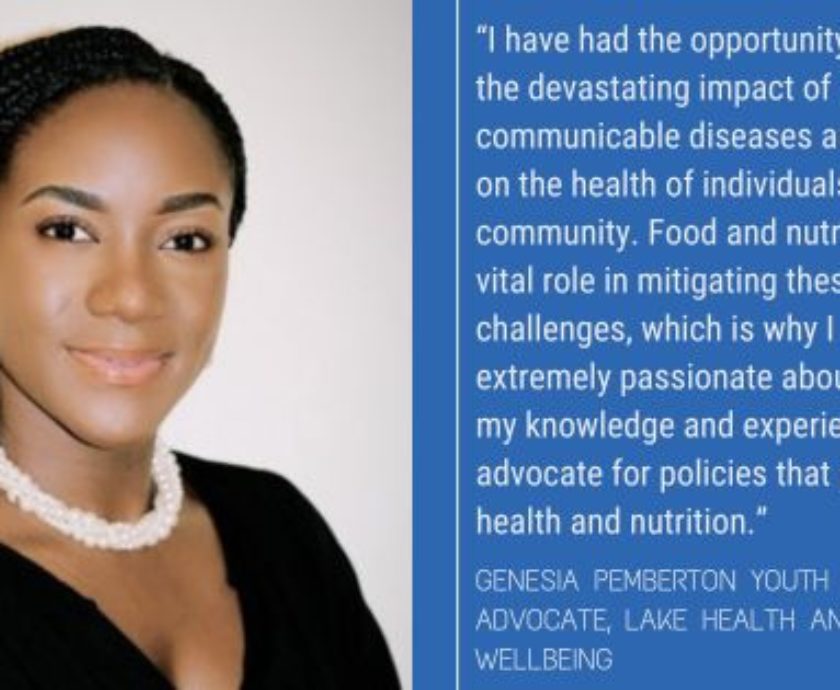Fifty is a pivotal age. It’s a time when many will be at the peak of their careers, their families will be blossoming and there is a greater understanding of self. It’s also a time when many take stock, analyse their life to date, asses their achievements and start to re-prioritise to ensure that they’re focusing their energy on the important areas in their life. At The Lake Foundation we believe it’s extremely important that this assessment that occurs as we enter a new pivotal decade includes a review of our health.
As we get older our risk of developing a number of diseases such as cancer, diabetes and cardiovascular disease increases so as we get older we must make our health more of a priority. It’s true that the habits we cultivated when we were younger and the way we lived our lives prior to hitting fifty will have shaped our current health but we can take steps today to improve our health and ensure we are in the best shape possible going forward and more importantly, we are happy.
In essence keeping healthy as we get older means being proactive and focusing on three main areas: changing our lifestyle (if we need to), being aware and making sure we’re up-to-date with all our relevant health checks and screening.
Changing your lifestyle can seem daunting but it needn’t be. Small changes can make a big difference. What we’re looking for is for you to be more active, eat a healthy diet and maintain a healthy weight. All of which will make a significant difference to reducing your risk of a number of diseases.
When it comes to diet if you’re not already receiving advice for an existing condition we would recommend that you:
- Eat at least 5 portions of fruit and vegetables a day
- Reduce your salt, sugar and saturated fat intake
- Reduce your red meat consumption
- Eat more fish – at least two portions of fish a week including one oily fish (salmon, sardines, mackerel etc)
- Note: Oily fish is a great source of omega-3 fatty acids which research suggests may prevent heart disease
- Note: Adults and boys shouldn’t consume more than 4 portions of oily fish a week whilst women and girls planning to become pregnant in the future shouldn’t consume more than 2 portions of oily fish a week
- Drink less alcohol
- Eat more fibre, it can help to prevent heart disease, some cancer and improve digestive health
- Examples of food that are a good source of fibre include: brown rice, brown bread, pulses (chickpeas, lentils etc), fruit,vegetables, porridge and bran based cereals
Another aspect of keeping healthy is to get active and this is especially important as we get older. Being inactive has been linked to a number of health conditions including cancer, diabetes, heart disease and stroke so by being more active you can significantly reduce your risk of developing these conditions. Exercise also has a number of other benefits such as it strengthens our bones, improves our mood and improves our mobility.
The government recommends that we do 150 minutes of moderate exercise per week and this can be divided up into 30 minutes of exercise 5 days during the week. Additionally, on two or more days a week our exercise session should include some muscle strengthening exercises that work on all muscle groups (legs, hips, back abdomen, chest, shoulders and arms).
Finally, it’s very important to maintain a healthy weight as being overweight or obese is linked to a number of diseases. Losing weight as we get older can be challenging because our metabolism slows down, i.e. the rate at which we burn the calories from the food we eat slows down. This means that if we continue to eat the same quantity of food that we ate 10 or 20 years ago we won’t be burning the calories as effectively and the excess calories will turn into fat. To combat this we have to look at our portion sizes and make sure we control them. In terms of weight we should all be aiming for a body mass index (BMI) of 18.5 to 24.9.
As we get older we must all endeavour to eat healthy, keep active and maintain a healthy weight. This will ensure that we reduce our risk of developing a number of conditions; we remain fit and mobile; we improve our mood and wellbeing and ultimately have a better quality of life.











